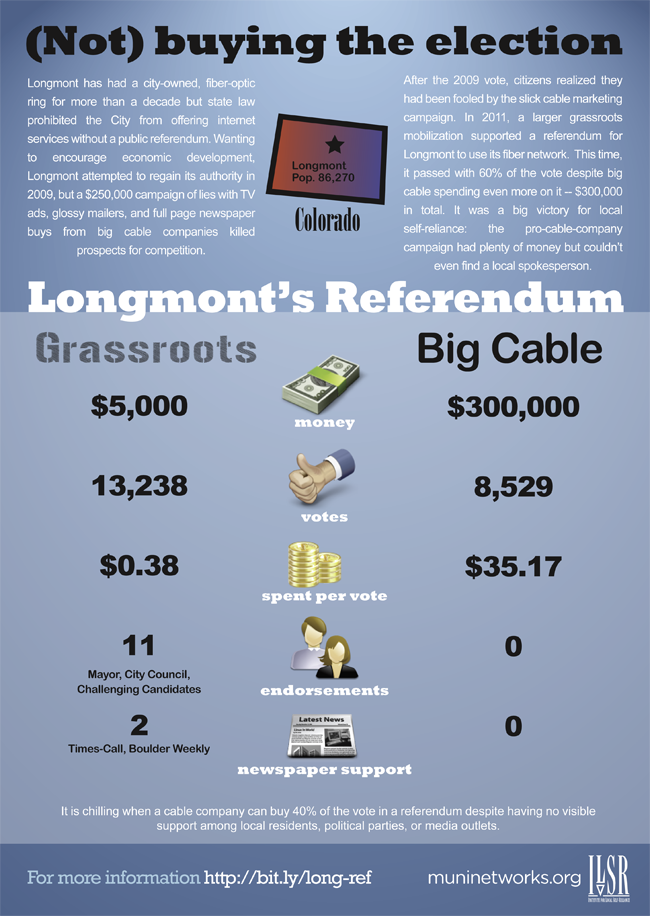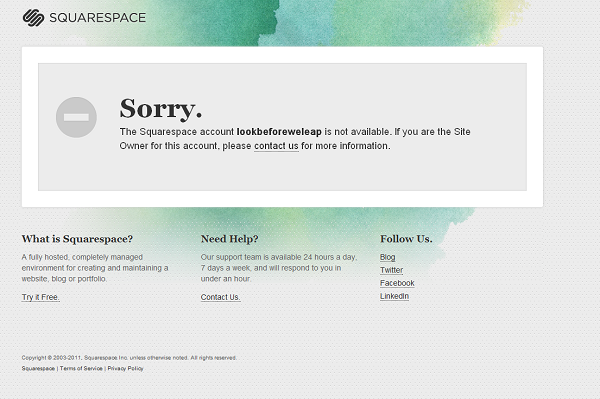Longmont Soon to Connect Businesses, Residents in Colorado Community
Readers know we have offered extensive coverage of the publicly owned network in Longmont, Colorado. The utility will soon offer telecommunications services to businesses and residents that are physically located within 500 feet or less of its existing network. At this stage, policies and procedures for the service are being finalized by Longmont Power and Communications (LPC).
We talked with Vince Jordan, LPC's Telecom Manager, who told us the expansion is part of their original business plan. Local establishments are ready to sign up with LPC. Twenty businesses put themselves in the queue within the past month. In addition to industrial and manufacturing companies, healthcare clinics, service industries, and entrepreneurs are waiting to get hooked up. Vince tells us several companies are looking to build data centers now that they will be able to get the bandwidth they need from LPC.
Vince credits LPC's ability to offer great local customer service as another driving factor for the early sign-ups. LPC is developing a fiber hood campaign to determine the locations for the first set of FTTH connections. The campaign, similar to that used by other communities and more recently by Google, will look at residential areas that are located near existing fiber and conduit. Surveys and early sign ups will identify seven fiber hoods.
Longmont's ordinance [PDF] requires customers to cover the cost of running fiber to their homes or businesses. Even though connecting can be pricey, Vince tells us potential customers call him regularly asking when they will be able to get fiber to their homes or establishments.
Many residential inquiries involve home based businesses, but not all. He relays the story of one retired gentleman who is so fed up with sorry service from the incumbents, he is willing to pay anything up to $10,000 to get LPC fiber to his home. We have encountered many instances of crappy customer service from the big boys, leaving us to suspect others share that sentiment.






 The
The 

 The results were 60.8% Yes, 39.2% No. 13,238 voted yes whereas 8,529 voted against.
The results were 60.8% Yes, 39.2% No. 13,238 voted yes whereas 8,529 voted against.